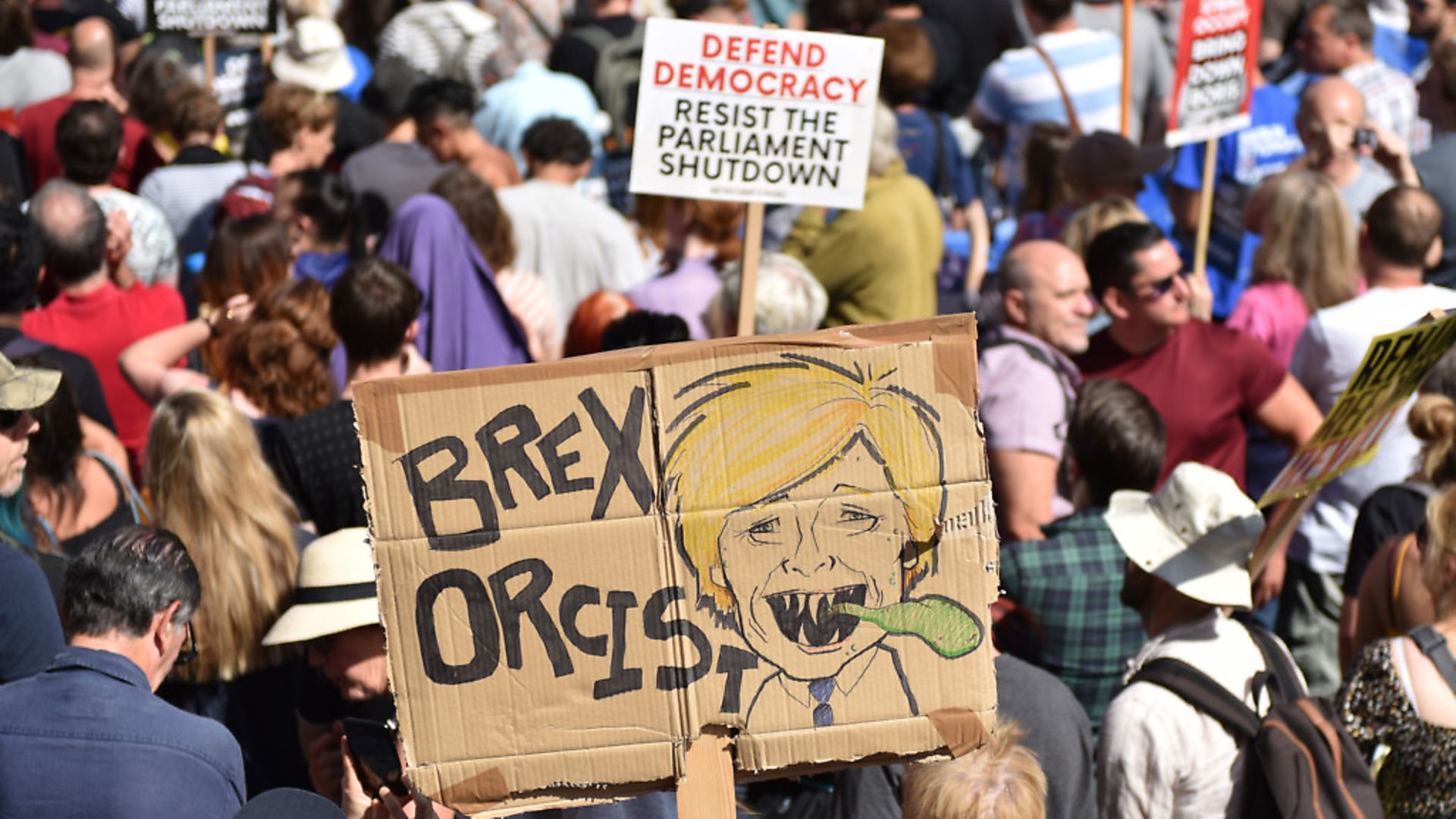
Readers argue that there needs to be political reform to bring about a fairer society.
There is really no point in talking about regrouping, rebuilding, or mending our broken politics and country until we get rid of one of the main causes of it: the first past the post system.
It effectively amplifies the front-running party, decreasing the representation of the party in second place, and virtually extinguishing the smaller parties. This makes people feel that voting for one of the smaller parties is wasting their vote, which should not be the case in a democracy as those parties often represent viewpoints not supported by the ‘big guys’.
My neighbouring MP, occupying the sole Green Party seat in the new parliament, explained that the small parties got 20% of the vote, but occupy only a tiny percentage of the seats. Her party got 860,000 votes nationwide, yet returned only one seat.
If we had proportional representation the Tories would now have 288 seats, not 384. They would be a minority government and other parties could form a coalition to stop or at least soften Brexit.
Johnson would be a minority PM, instead of the autocrat this system has created.
Charles Wunderman
Back in 1997, Tony Blair set up the Jenkins Commission to look into electoral reform. It made recommendations to give us a (more) proportional system, but the government then chose to do nothing about it, I guess with a large majority they didn’t see the need.
Perhaps, if they could have looked 20 years into the future they might have acted differently, for with a fairer electoral system I think this country would have taken a very different (and better) path.
Our need to address our current political system is now even more desperate than before ‑ it is no longer just the electoral system that needs reform, but also party funding, the use of social media, discussion based on facts, the need for proper scrutiny, media impartiality and a return of honesty and respect to the electorate.
So, as the Labour Party begins its period of reflection, please could I implore them to consider all those who had to ‘lend’ them a vote and put a commitment to genuine political reform centre stage.
Nick Roberts
Selly Oak
I wasn’t convinced by Tim Walker’s arguments in favour of the Liberal Democrats standing down candidates and tactical voting (“Why my party missed its big moment “, TNE #174).
It might have helped if Labour and the Lib Dems had come to an agreement to stand down candidates in Westminster and Finchley but I don’t think it would have overturned the result. Unilaterally standing down candidates sends a message of weakness to voters – the Brexit Party vote seemed down across
the board after it stood down some candidates.
Despite the Lib Dems standing a candidate in Canterbury against Tim Walker’s wishes, it didn’t make a difference to the final result.
Standing a strong candidate in Kensington was probably one of the worst decisions by the Lib Dems but the party was in a difficult position in having to accommodate candidates who had switched parties and give them potentially winnable seats.
Ultimately the key factor was the first past the post voting system. The Tories won only slightly more votes in total than in 2017 but the difference was the change in the make-up of those voters (and importantly where they were located) coupled with the collapse in the Labour vote.
Alex Tutt
– The fight may have changed but the cause remains. Buy The New European every Thursday to read the full mailbag of letters. To have your say email letters@theneweuropean and join our readers’ group for more debate.
Warning: Illegal string offset 'link_id' in /mnt/storage/stage/www/wp-includes/bookmark.php on line 357
Notice: Trying to get property 'link_id' of non-object in /mnt/storage/stage/www/wp-includes/bookmark.php on line 37






